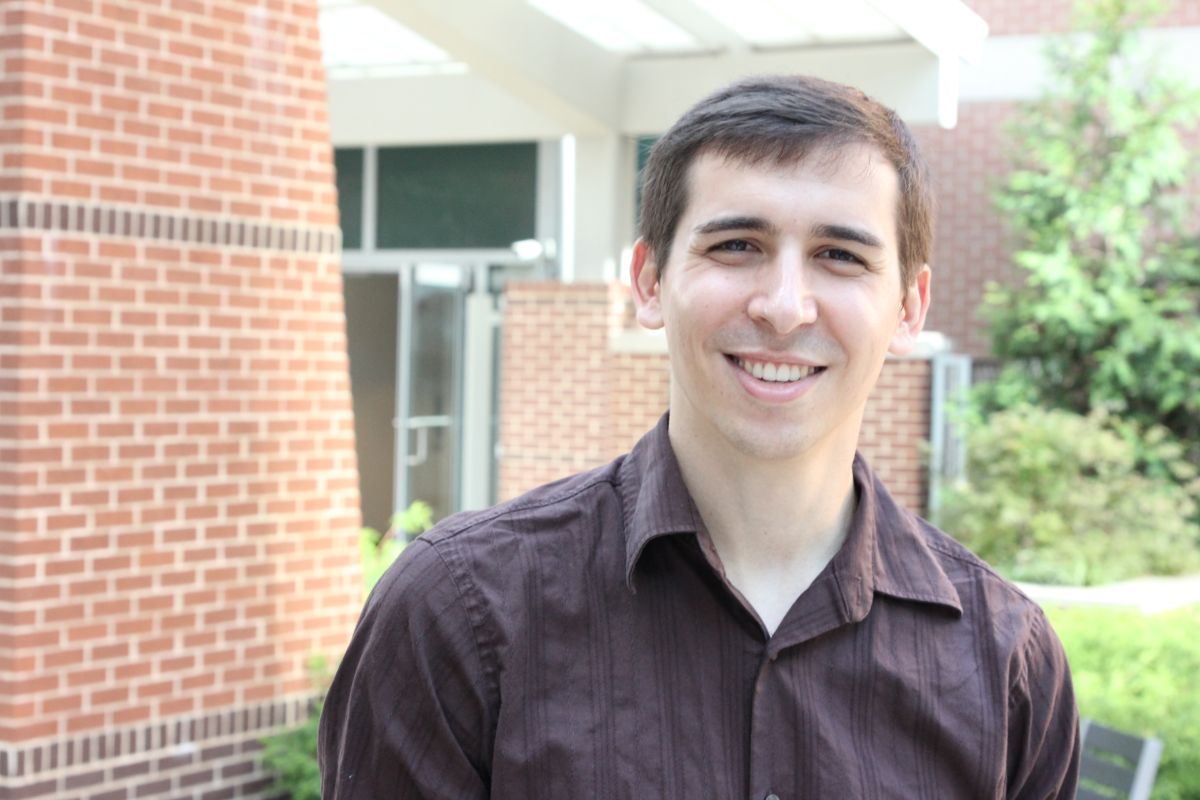
Matthew Guzdial is a new assistant professor in the Department of Computing Science, specialized in machine learning creativity. Image provided.
How do we make computers more creative? It is this question that inspires the research and teaching of Matthew Guzdial, new assistant professor in the Department of Computing Science.
Originally inspired by video games, Guzdial knows there is a great deal about artificial intelligence and its subset, machine learning, that can be expanded using games-including the development of technology that create new video games on its own.
Guzdial comes to the University of Alberta after completing a PhD at Georgia Tech, where he specialized in machine learning creativity.
Tell us about your research program.
I study the intersection of artificial intelligence/machine learning and computational creativity. This is important for a number of reasons. It's one way to empower machine learning to do things like learn more with less, generalize to new and unforeseen situations, and can better support novice users.
Currently, this is focused in three major areas. First, projects looking at applying a type of artificial creativity to improve transfer learning in order to decrease training data requirements for machine learning problems. Second, projects to develop tools that can help novices leverage machine learning to do things like create entire video games. Third, applications of machine learning to creative domains like games, but also creative commentary and visual art.
What inspired you to enter this field?
Actually what inspired me to enter this field was video games. First I wanted to make them myself, working a couple internships in the games industry. But then I wanted to help others make games. This lead to projects like my AI Mario Maker clone "Morai Maker," for which I received a graduate fellowship from Unity, a video game engine development company. Today a lot of my work still uses games as a domain, as many games can be thought of as simplifications of the real world-with simplified physics, actors, and environments.
Tell us about your teaching.
In the winter term, I'll be teaching a course on game AI that I'm currently co-developing with Nathan Sturtevant, focused on how the games industry uses AI.
At Georgia Tech, where I got my PhD, I taught courses as a primary instructor on game AI and machine learning. I really love teaching. It's the primary reason I'm sticking to academia instead of industry. But more than my own personal fulfillment, I think academics have a responsibility to help spread knowledge both through formal teaching and more informal outreach-like this!